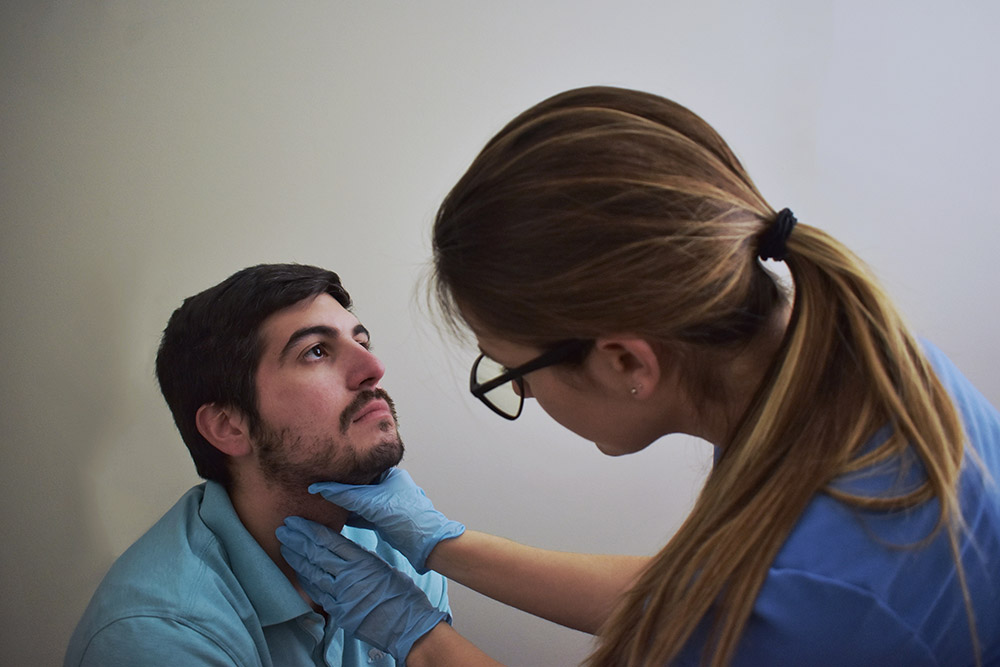What Is Morbid Obesity Due To Excess Calories?
Morbid obesity due to excess calories occurs when calorie intake consistently exceeds the body's energy needs. Over time, excess calories are stored as fat, leading to a body mass index (BMI) of 40 or higher and serious health risks. In medical coding, this condition is classified as ICD-10 code E66.01.
Common Causes and Risk Factors
- Consuming more calories than the body burns
- Diet high in sugar, processed foods, and fast food
- Physical inactivity or sedentary lifestyle
- Genetic predisposition or family history of obesity
- Age-related metabolic slowdown
- Medical conditions (hypothyroidism, polycystic ovary syndrome)
- Certain medications (antidepressants, corticosteroids)
Signs and Symptoms
- BMI of 40 or higher
- Rapid or steady weight gain over months or years
- Difficulty performing everyday activities (walking, climbing stairs)
- Joint pain in knees, hips, and lower back
- Shortness of breath or trouble breathing with mild exertion
- Persistent fatigue and low energy
- Excessive sweating
- Loud snoring and/or sleep apnea episodes
Expert Treatment for Morbid Obesity Due To Excess Calories by Dr. Bharat Pothuri
Dr. Pothuri uses a step-by-step approach:
Medical History and Lifestyle Review
He discusses your weight trajectory, dietary habits (including calorie intake), physical activity, sleep patterns, medications and family history of obesity or metabolic disorders.
Anthropometric Measurements
He measures your height and weight to calculate BMI. Waist circumference and body-composition analysis may be added to assess central adiposity and fat distribution.
Blood Tests
Laboratory studies include thyroid-stimulating hormone (TSH), fasting glucose, HbA1c, lipid profile and liver enzymes to rule out contributing endocrine or metabolic conditions.
Imaging Studies (as needed)
- Abdominal ultrasound can evaluate visceral fat and screen for fatty liver changes.
- DEXA scan measures overall body fat percentage and regional distribution.
Advanced Testing (if needed)
In select cases, hormonal panels or genetic testing are ordered to identify rare syndromes or optimize individualized treatment strategies.
Frequently Asked Questions
What is the ICD-10 code for morbid obesity due to excess calories?
The correct code is E66.01. It helps guide treatment and billing.
How do I know if I have this condition?
If your BMI is 40 or higher and you are struggling to lose weight with diet and activity alone, you may qualify for a morbid obesity diagnosis.
Can I lose weight without surgery?
Yes. Many people achieve significant weight loss through a healthy diet, regular exercise, behavioral counseling, and, when appropriate, FDA-approved medications.
What are the risks of weight-loss surgery?
All surgeries carry risks such as infection, low vitamin absorption, and anesthesia complications. Dr. Pothuri will review the benefits and potential risks with you in detail.
How soon will I see results?
Most patients begin to see weight loss within the first 4-12 weeks. Results vary based on the treatment plan and how closely you follow it.
Does insurance cover treatment?
Many insurance plans cover physician visits, diagnostic testing, medications, and certain procedures. Our team can assist you in verifying your specific benefits.












